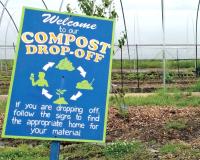
Vibrant Environment
Food Waste Initiative
All | Biodiversity | Climate Change and Sustainability | Environmental Justice | Governance and Rule of Law | Land Use and Natural Resources | Oceans and Coasts | Pollution Control

NRDC and the Environmental Law Institute (ELI) recently released a Model Municipal Zoning Ordinance on Community Composting, a template ordinance intended to advance community composting by establishing it as a permissible land use under a municipality’s zoning code—thus helping municipalities meet their climate and waste reduction goals while achieving various other co-benefits.
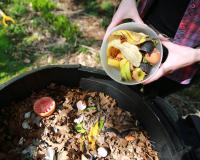
ELI recently created the Food Waste Prevention Resource Guide Series for Urban Green Lab, a Nashville-based sustainability NGO, in order to build the capacity of classrooms, households, and workplaces to prevent food waste.
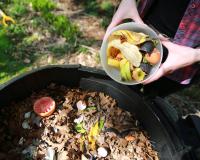
ELI recently submitted a public comment in response to the U.S. Environmental Protection Agency’s (EPA's) request for input on the Draft National Strategy for Reducing Food Loss and Waste and Recycling Organics (Strategy). The Strategy was developed by EPA, in partnership with the U.S.
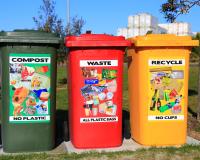
NRDC and the Environmental Law Institute (ELI) recently released a Model Ordinance Establishing a Pay-As-You-Throw (PAYT) Program for Residential Municipal Solid Waste that can help municipalities reduce the amount of municipal solid waste (MSW) sent to landfills and incinerators and, at the same time, institute more transparent, efficient, and fair pricing for residential waste management.

A new Model Executive Order on Municipal Leadership on Food Waste Reduction developed by the Environmental Law Institute (ELI) and Natural Resources Defense Council (NRDC) can help municipalities reduce the amount of food wasted throughout municipal operations, highlight the importance of reducing food waste, and demonstrate food waste reduction measures that businesses and o

A new model ordinance on mandatory reporting for large food waste generators, developed by the Environmental Law Institute (ELI) and NRDC, could make it easier for municipalities around the country to collect data on food waste and surplus food generation, increase awareness of the problem of food waste, and ultimately lead to reductions of disposal of food waste in landfills and incinerators.
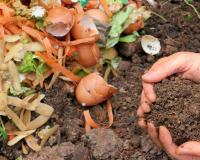
A new model compost procurement policy developed by the Environmental Law Institute and the Natural Resources Defense Council could help municipalities around the country in their efforts to divert food scraps and other organic materials from their landfills and incinerators and, in so doing, realize myriad economic and environmental benefits.
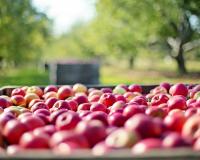
Food waste is a systemwide problem, affecting all stages of the supply chain. Therefore, solving it will take a systemwide approach. A new report by ReFED, Roadmap to 2030: Reducing U.S. Food Waste by 50%, was designed to provide food businesses, governments, funders, and more with a framework to align their food waste reduction efforts.

An estimated 35% of food that is produced is uneaten, with losses occurring along the supply chain from farms to consumers. The majority from non-industrial sources ends up decomposing in landfills, where it releases methane, a powerful greenhouse gas (GHG). Recycling food waste through anaerobic digestion (AD), in which bacteria break down organic material in the absence of oxygen and create biogas, can create a triple-win for GHG mitigation.

With the U.S. Senate voting on July 31 to join the House of Representatives in conference on their respective Farm Bills, the two houses face major challenges to resolve the wide gaps in many elements. Reauthorized every 5 years or so, the Farm Bill is a comprehensive piece of legislation that affects all facets of the American food supply.